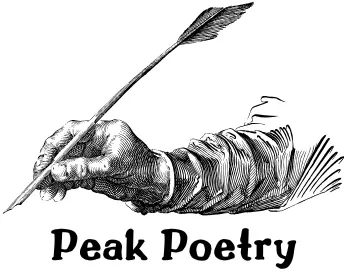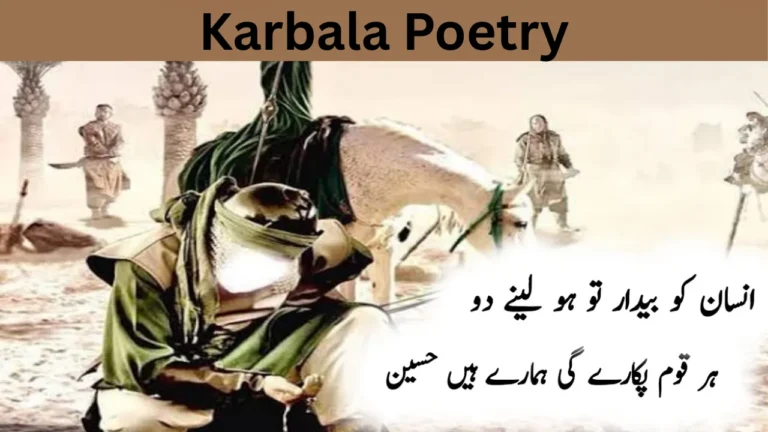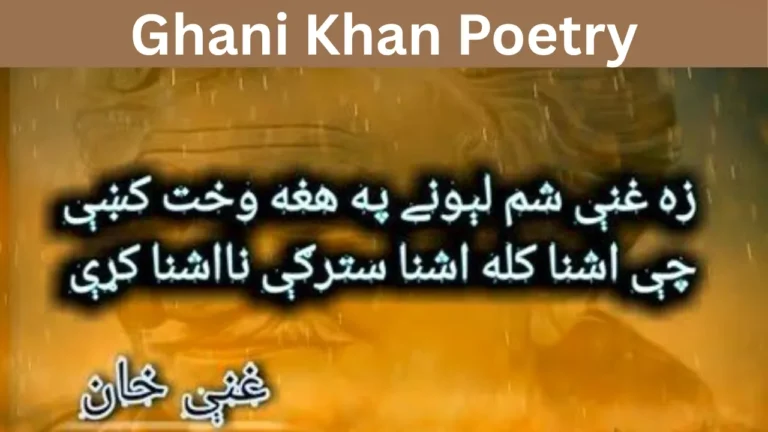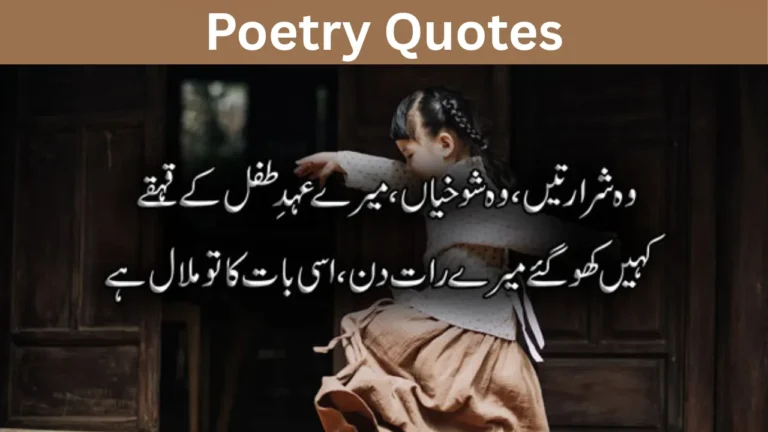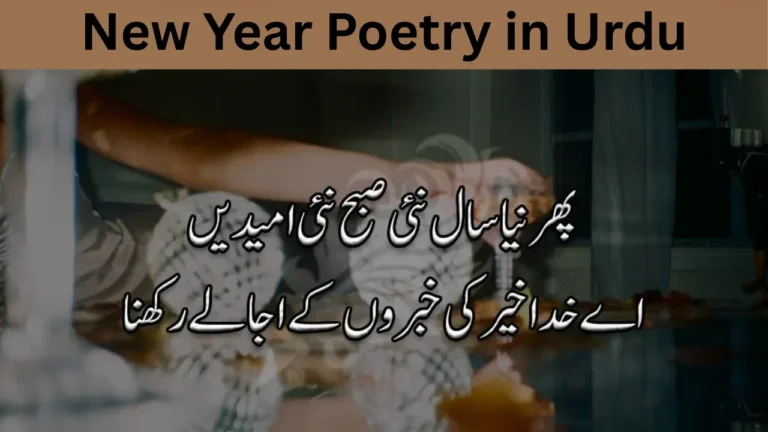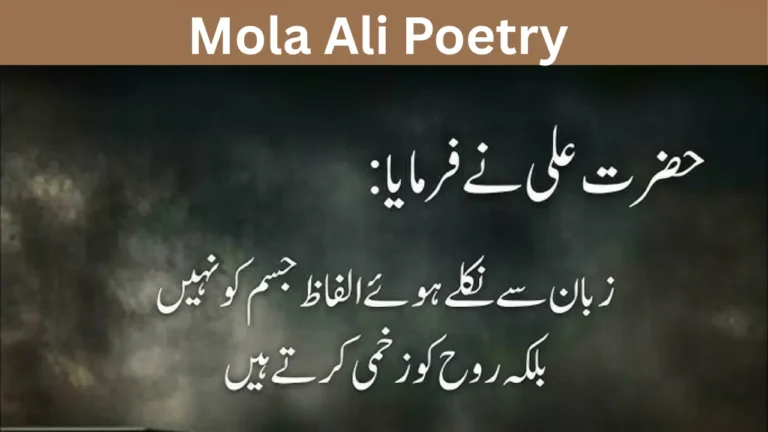Neend Poetry: A Silent Voice of Sleepless Nights
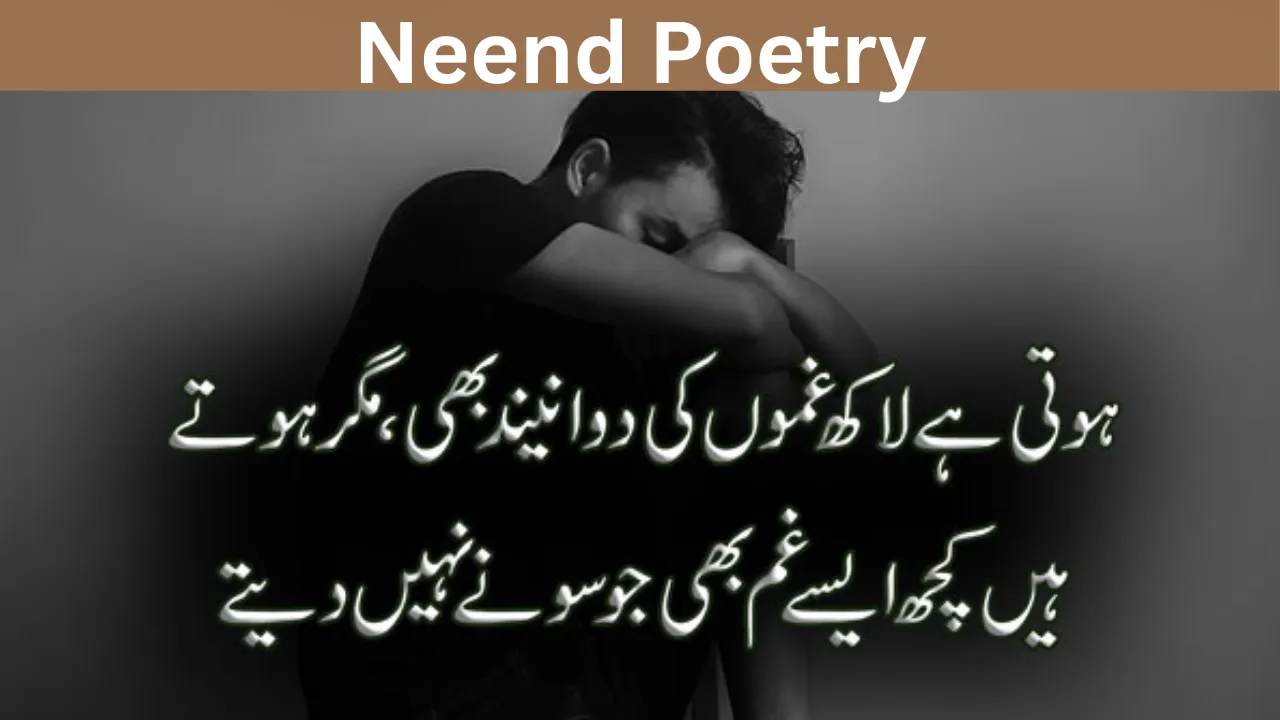
Neend poetry is one of the most emotional forms of poetry in Urdu and Hindi literature. It speaks about the feelings that come when sleep does not. This form of poetry often reflects sadness, love, pain, and deep thoughts that visit a person during quiet, sleepless nights. It connects deeply with those who lie awake thinking about love, life, or lost moments.
In South Asian culture, poets have long used the idea of neend (sleep) to show deep emotions. It becomes a symbol of peace, but also of pain when it refuses to come. Neend shayari touches the hearts of readers because it feels real and relatable.
Just like Pashto Poetry Text: The Heartbeat of Pashtun Emotion, neend poetry also reflects emotions many people find hard to say. These poems let us feel what others feel in the silence of the night.
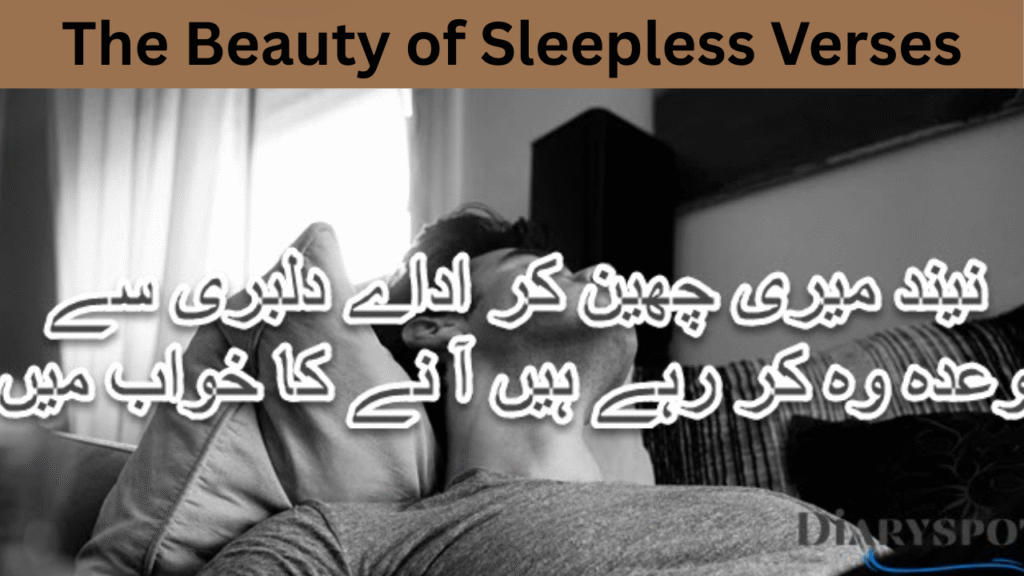
The Beauty of Sleepless Verses
In Urdu and Hindi, “neend” means sleep. But in poetry, it’s never just that. It becomes a doorway to emotions buried under the noise of the day. It shows how the heart aches in the dark, how eyes refuse to close, and how thoughts become louder at night.
Here is a beautiful example:
“Neend bhi rooth jaati hai aksar,
Jab dil kisi ka intezaar karta hai.”
Translation:
Sleep also turns away sometimes,
When the heart waits for someone.
“Neend aankhon mein basi hoti hai,
Par khayal tumhara usse jaane nahi deta.”
Translation:
Sleep lives in my eyes,
But your thought never lets it stay.
These two lines say everything — desire, memory, and the haunting echo of love that won’t fade.
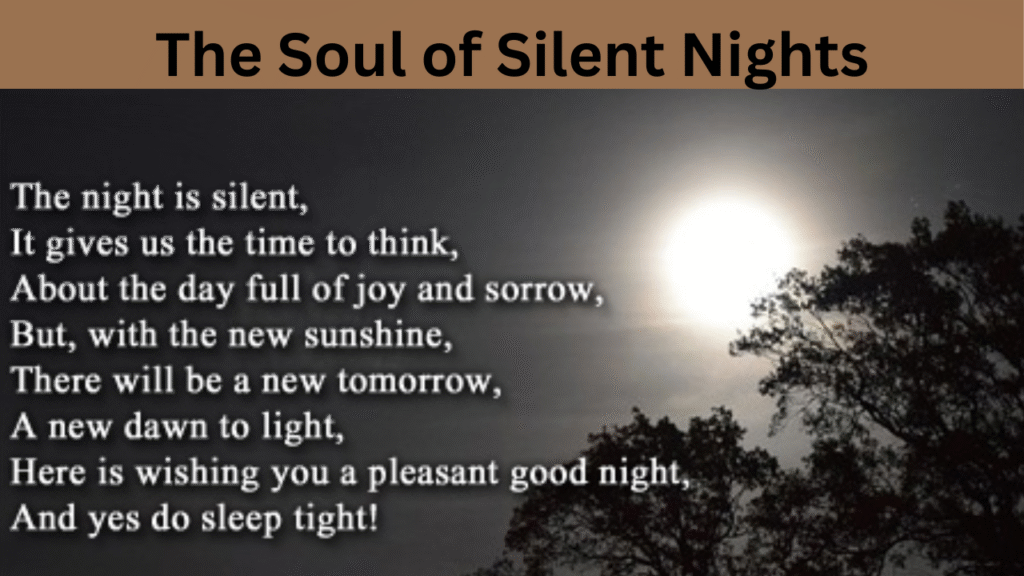
The Soul of Silent Nights
Neend poetry often starts when the world sleeps and your heart speaks.
“Chand tanha hai, raat tanha hai,
Tere bina meri har baat tanha hai.”
Every word in such poetry shows a deep connection between the poet’s heart and the quiet night.
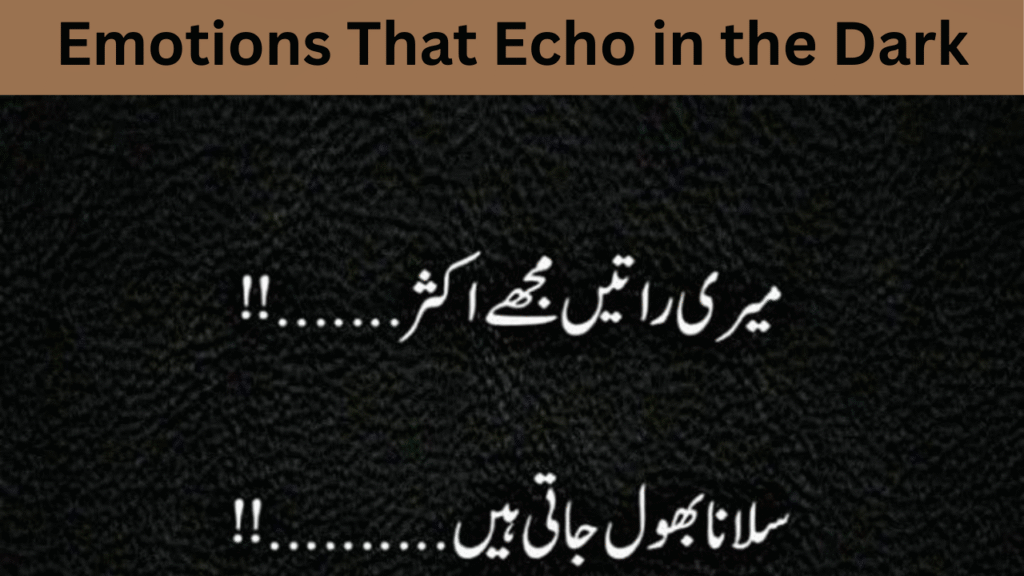
Emotions That Echo in the Dark
The emotions behind neend poetry come from everyday life. People connect with it because they too have stayed awake, thinking of someone or something.
“Aankhon mein aansu, neend udd gayi,
Tere khayalon ne raat bhar jagaya.”
Translation:
Tears in my eyes, sleep flew away,
Your thoughts kept me awake all night.
Why We Love Neend Poetry
Poets like Ghalib, Faiz, and Jaun Elia wrote about neend to show heartbreak and love. Even today, new writers continue this tradition online.
“Neend ke bhi apne gham hain,
Woh bhi sirf khush logon ke paas jaati hai.”
Such lines are shared widely, especially on nights when sleep feels far away.
A Table of Nightly Feelings in Neend Poetry
| Theme | Emotional Trigger | Tone in Poetry |
|---|---|---|
| Love | Long-distance relationships | Soft, Romantic |
| Heartbreak | Breakups, lost love | Painful, Deep |
| Loneliness | Being emotionally alone | Sad, Silent |
| Memories | Flashbacks of good times | Bittersweet |
Famous Shayari Lines from Neend Poetry
Let’s explore some classic and modern neend poetry that has captured hearts.
“Tumhare baad neend ne bhi keh diya,
Ab tera bhi intezaar nahi karta.”
“Neend se keh do hum dosti todh chuke,
Ab usse bhi intezaar nahi hota.”
“Raat bhar socha tumhare baare mein,
Phir neend ne bhi shikayat ki.”
These short poems say what entire pages cannot. Each word carries emotion, just like a soft whisper in the dark.
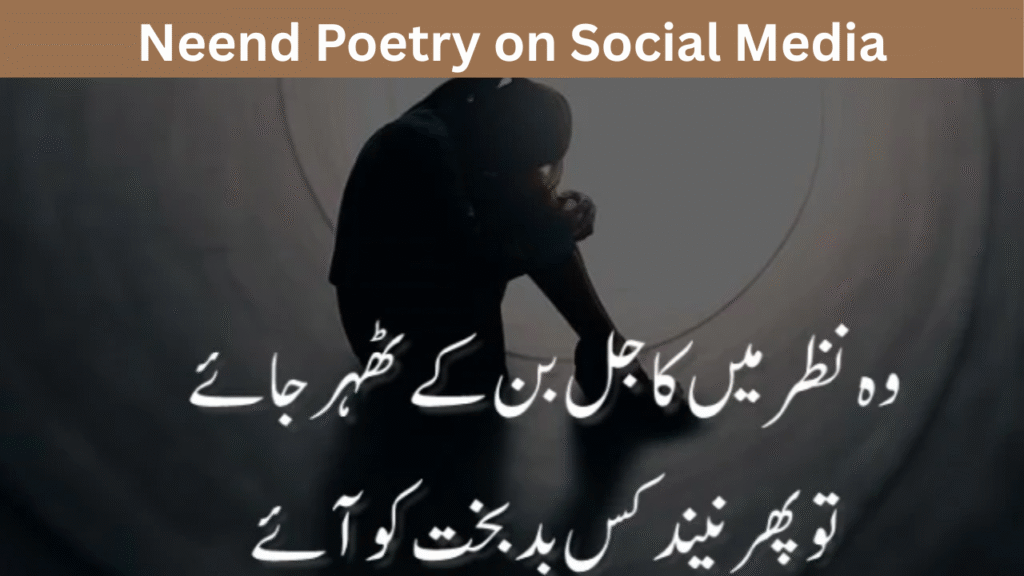
Neend Poetry on Social Media
Young people now share neend poetry in Instagram captions and WhatsApp statuses. The form is short, direct, and emotional.
“Neend aankhon mein thi, par dil ne jagne diya hi nahi.”
“Neend se bhi kya shikwa karein,
Woh bhi to bewafa nikli.”
The popularity of these poems has created a new wave of digital poets. Some lines go viral overnight and become the voice of sleepless hearts.
Poetic Flow in the Age of Night Scrolls
People often scroll through their phones in bed. In these moments, neend poetry hits hardest.
“Neend ka kya hai,
Kabhi bhi aati hai,
Bas tumhari yaadon ko samjha do,
Ke raat bhar mat jagaye.”
Even when the language is simple, the feeling is not. That’s the strength of neend shayari — deep emotion in simple words.
Comparing Classic and Modern Neend Poetry
Let’s look at a comparison between old-style and new-style neend poetry.
| Type | Old-Style Poetry | Modern-Style Poetry |
|---|---|---|
| Language | Rich, Urdu-heavy | Simple, Hindi-English mixed |
| Style | Long ghazals, deep meanings | Two-liners, short stanzas |
| Medium | Books, Mushairas | Social Media, Reels, Blogs |
Both styles have their beauty. While older poetry shows poetic skill, newer forms are direct and emotional.
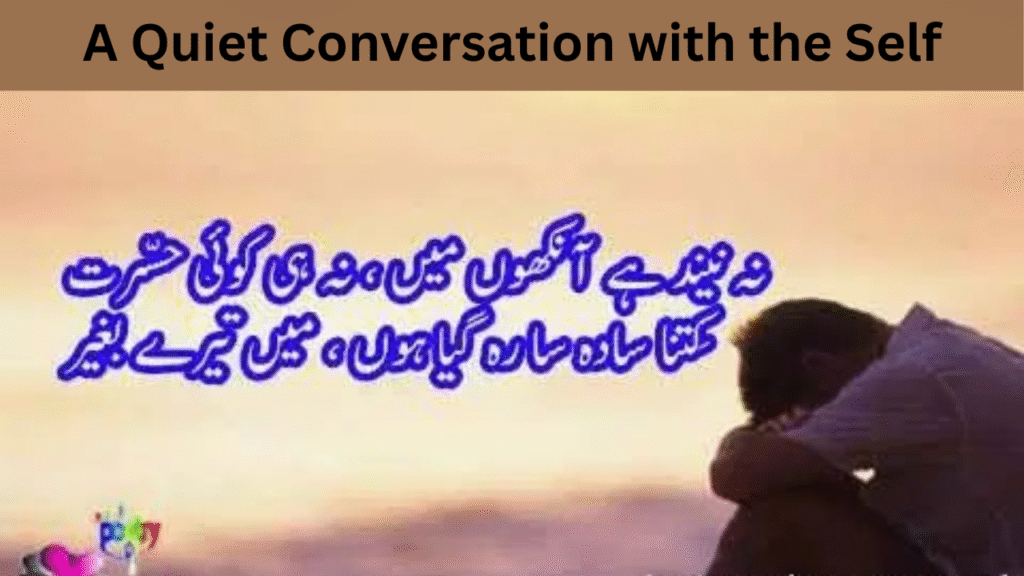
A Quiet Conversation with the Self
Sometimes, neend poetry isn’t about someone else. It’s about your own heart, your own pain.
“Neend kyun nahi aati mujhe,
Khud se ek sawal poocha kal raat.”
“Main khud se milta hoon raat ko,
Aur neend door se dekhti rehti hai.”
These lines remind us that the most honest talks happen when everything is still, and we can hear our own thoughts.
Why It Will Never Fade
Just like Brother Poetry in Urdu: Celebrating the Unbreakable Bond connects siblings, neend poetry connects souls. As long as people feel emotions at night, neend shayari will continue to breathe.
“Raat ka sukoon tha kabhi,
Aaj woh bhi chhupa lagta hai.”
“Kuch raaton ka dard alag hota hai,
Jo sirf neend poetry mein likha ja sakta hai.”
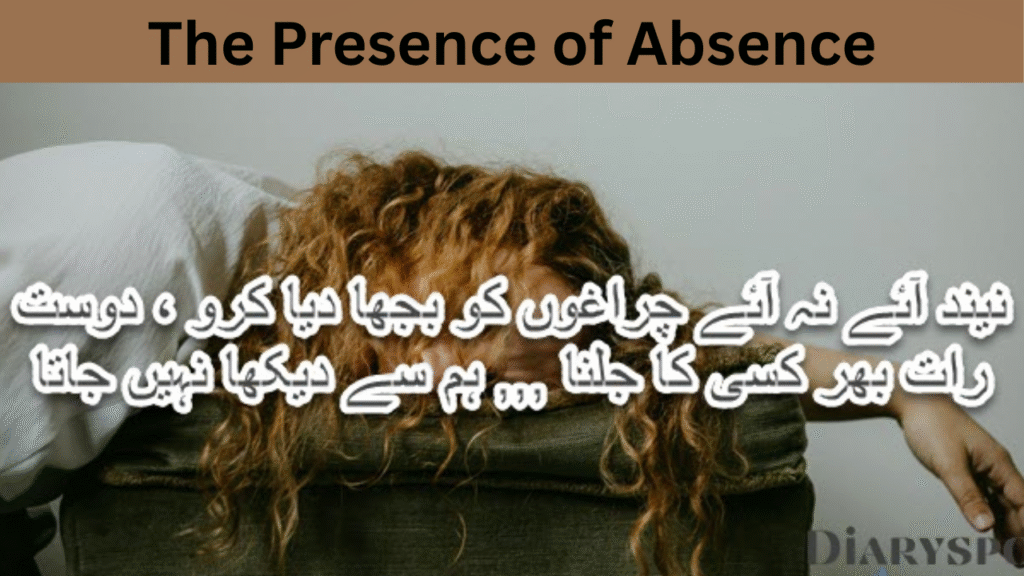
The Presence of Absence
It’s strange how the absence of something — like sleep — can feel heavier than its presence. This is the irony neend shayari captures so well.
“Neend aayi bhi toh itni bewafa thi,
Sapno mein bhi tera zikr nahi tha.”
“Raat bhar socha tujhe bhool jaaun,
Par neend ne saath nahi diya.”
In just a few lines, poets show the battle between memory and healing. Sleep becomes a battlefield.
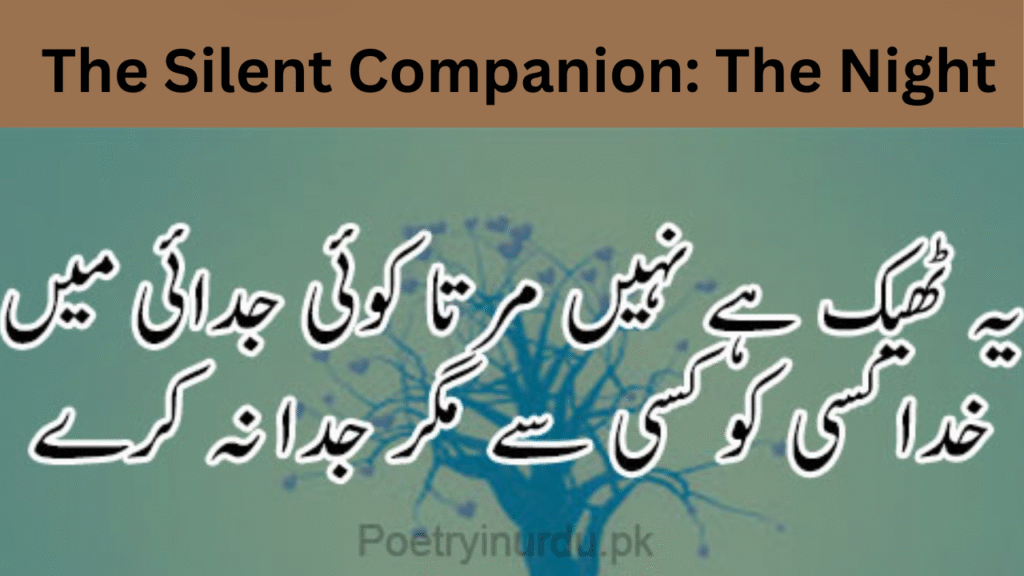
The Silent Companion: The Night
The night is where neend poetry lives. Under moonlight, behind closed doors, in the soft hum of a fan — that’s when poets listen to their hearts.
“Tanhaai ki baat hai raat bhar ki,
Neend to sirf bahaana tha.”
“Chand bhi jaanta hai mere dard ko,
Tabhi toh neend uske saath chali gayi.”
In these poems, the moon, stars, and shadows become characters. They become witnesses to the poet’s pain.
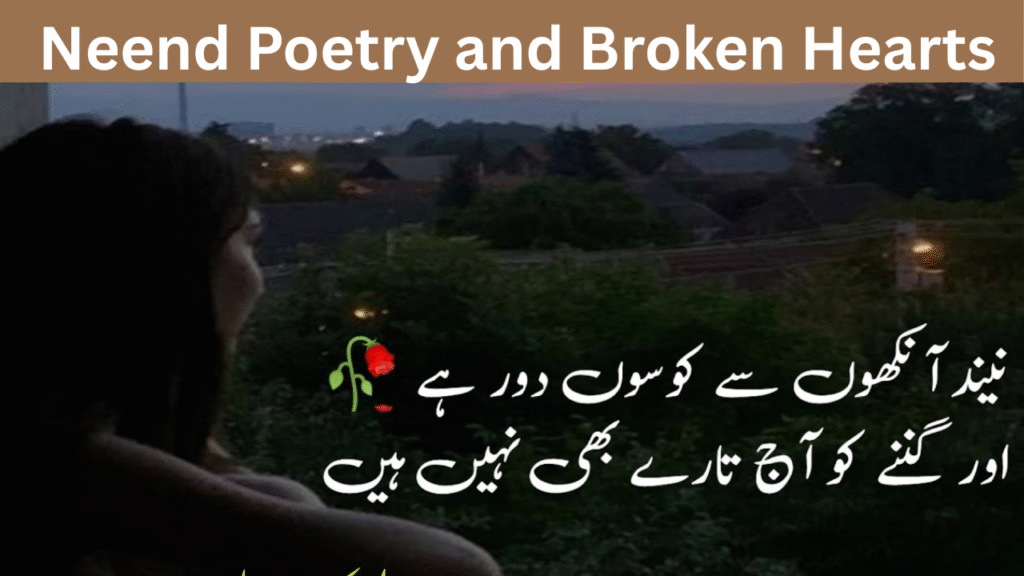
Neend Poetry and Broken Hearts
Heartbreak has always been fuel for poetry. And neend poetry is often where that pain first finds a voice.
“Jab tu tha, toh neend bhi saath thi,
Ab tu nahi, toh bas raat hai aur tanhaai.”
“Neend bhi ab kehne lagi hai,
Tum jaise bewafa ko yaad karna chhod do.”
In every language, a broken heart speaks the same — it doesn’t sleep, it remembers.
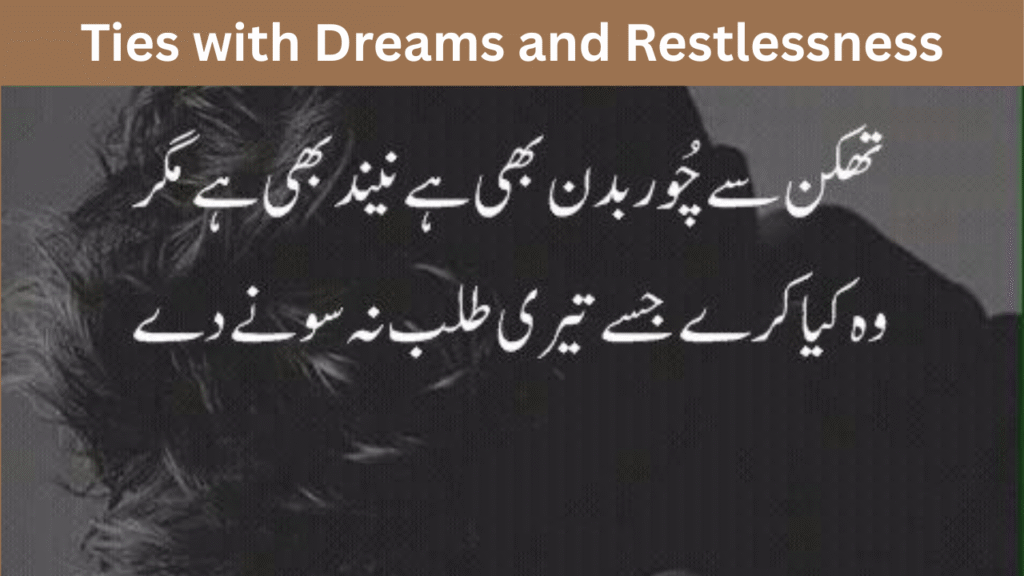
Ties with Dreams and Restlessness
Some neend poetry goes beyond heartbreak. It talks about dreams — the ones that give hope and the ones that haunt.
“Neend mein bhi aksar dar lagta hai,
Kahin sapna bhi sach na ho jaaye.”
“Aankhon mein neend hai,
Par dil mein toofan hai.”
These lines connect sleep with the chaos of the mind. They tell of nights that pretend to be quiet, but inside, thoughts scream.
Finding Peace Through Poetry
Not all neend poetry is sad. Some verses offer peace — the kind that comes from understanding pain and letting it go.
“Aaj raat neend aayi thi muskurakar,
Shayad usne dard ko chhod diya tha.”
“Neend bhi kabhi kabhi rehmat hoti hai,
Bas usse panaana aana chahiye.”
These lines show healing, a soft light at the end of emotional darkness.
Final Thoughts
Neend poetry is a mirror. It shows our sleepless nights, silent cries, and memories we don’t speak about. From romantic sorrow to mental unrest, from dreams to desire — it expresses it all. And it does so gently.
This poetry will always matter, because as long as people lie awake at night, these verses will speak for them.
So, next time you can’t sleep, don’t scroll endlessly. Read a couplet. Or write your own. Let the night be your canvas, and your emotions the ink.
“Neend ka bhi apna kissa hai,
Woh tabhi aati hai, jab dil halka hota hai.”
And if your heart is heavy tonight, may this neend shayari hold you until morning.
